Azolla & Duck Weed
Azolla Seed
Azolla and Duck Weed: Azolla seeds are tiny, fast-growing aquatic plants that offer numerous ecological, agricultural, and environmental benefits. Particularly pinnata and filiculoides, are notable for their symbiotic relationship with nitrogen-fixing cyanobacteria (Anabaena azollae). This relationship enables Azolla to thrive in nitrogen-poor environments and makes it highly beneficial in agricultural and ecological applications. This Seeds are often used for biofertilizer, soil amendment, or livestock feed.
It can also be used in aquaculture, as feed for fish and livestock, or even for biofuel production. When cultivating Azolla, the process generally focuses on growing the plant and harvesting it, rather than on seed production, because propagation via spores and vegetative fragmentation is much more efficient.
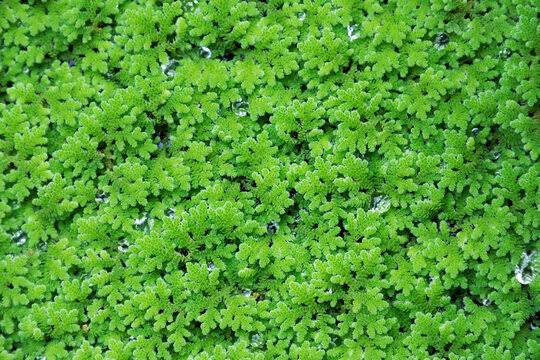
Azolla Pinnata
Azolla pinnata is a species of small, floating fern in the genus Azolla, renowned for its remarkable nitrogen-fixing capabilities and various agricultural and ecological benefits. This plant thrives in warm, aquatic environments and is often utilized in rice paddies, aquaculture, and as a biofertilizer. Below is a detailed overview of Azolla pinnata, including its biology, uses, cultivation, and potential benefits.
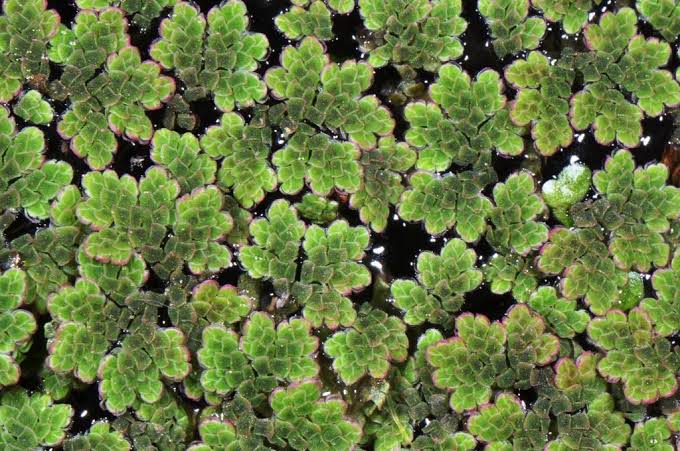
Azolla Mexicana
Azolla mexicana is a species of the floating fern genus Azolla, known for its ecological importance and various practical applications. Like other species in the genus Azolla, A. mexicana thrives in aquatic environments, such as ponds, lakes, and rice paddies, where it contributes to soil fertility, water quality management, and provides a food source for various aquatic organisms.
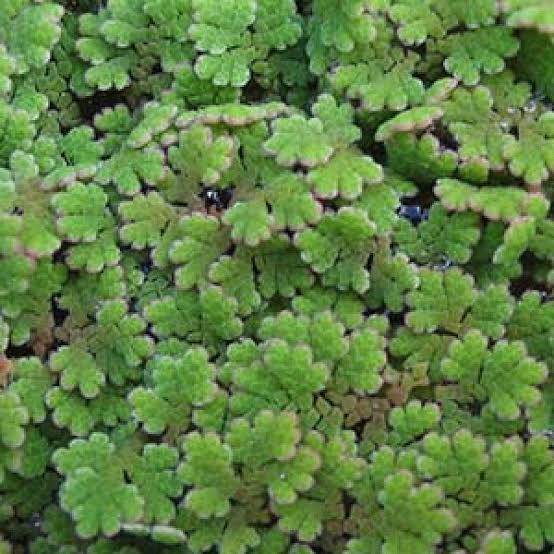
Azolla Caroliniana
Azolla caroliniana is another species in the Azolla genus, a group of small, floating ferns that are well-known for their ability to fix nitrogen through a symbiotic relationship with cyanobacteria (Anabaena azollae). Like other Azolla species, A. caroliniana thrives in aquatic environments and plays a significant role in soil fertility, water quality management, and ecological sustainability.
Duck Weed
Duckweed refers to a group of small, floating plants belonging to the family Lemnaceae, which includes several species of tiny aquatic plants found in still or slow-moving freshwater environments. The plants are commonly found floating on the surface of ponds, lakes, rivers, and marshes, forming dense green mats that can cover the entire water surface. Duckweed has a variety of ecological, agricultural, and industrial uses due to its rapid growth, high nutrient content, and environmental benefits.
Duckweed is a versatile, fast-growing aquatic plant with numerous ecological, agricultural, and industrial applications. Its ability to absorb nutrients, sequester carbon, and provide a habitat for aquatic life makes it a valuable tool in environmental management, particularly for mitigating nutrient pollution and treating wastewater. Additionally, its high protein content makes it a potential resource for animal feed, biofertilizers, and even human consumption.
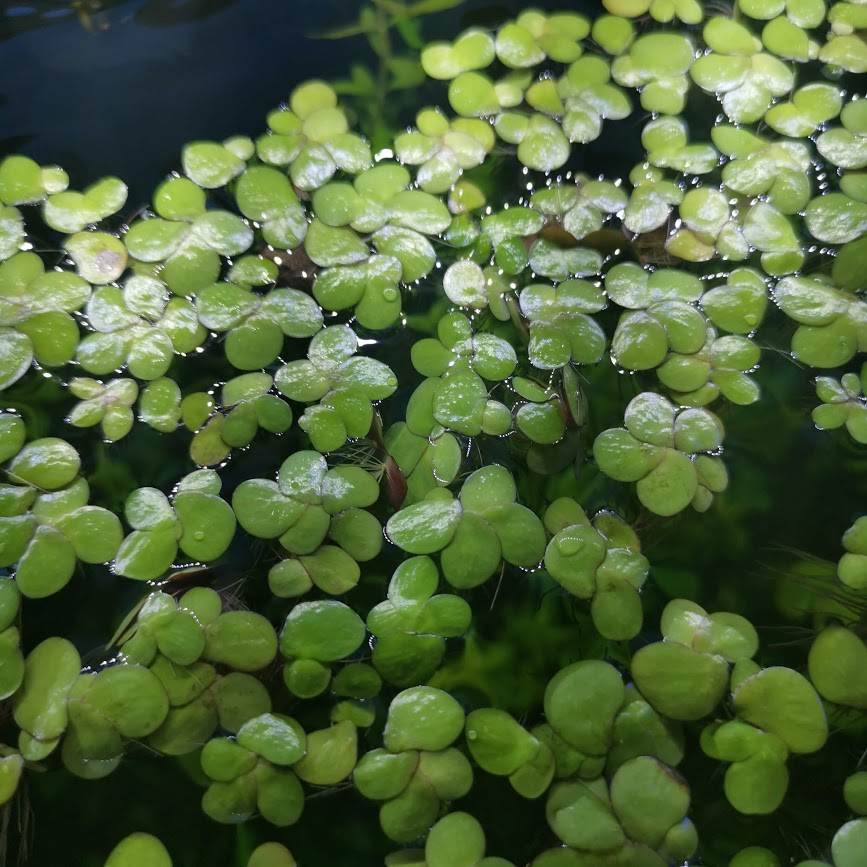
Giant Duck Weed
Giant Duckweed, scientifically known as Spirodela polyrhiza, is one of the largest species within the Lemnaceae family. It is a free-floating aquatic plant commonly found in freshwater environments, particularly in ponds, slow-moving rivers, and marshes. It has gained interest for its potential applications in agriculture, aquaculture, wastewater treatment, and even biofuel production.
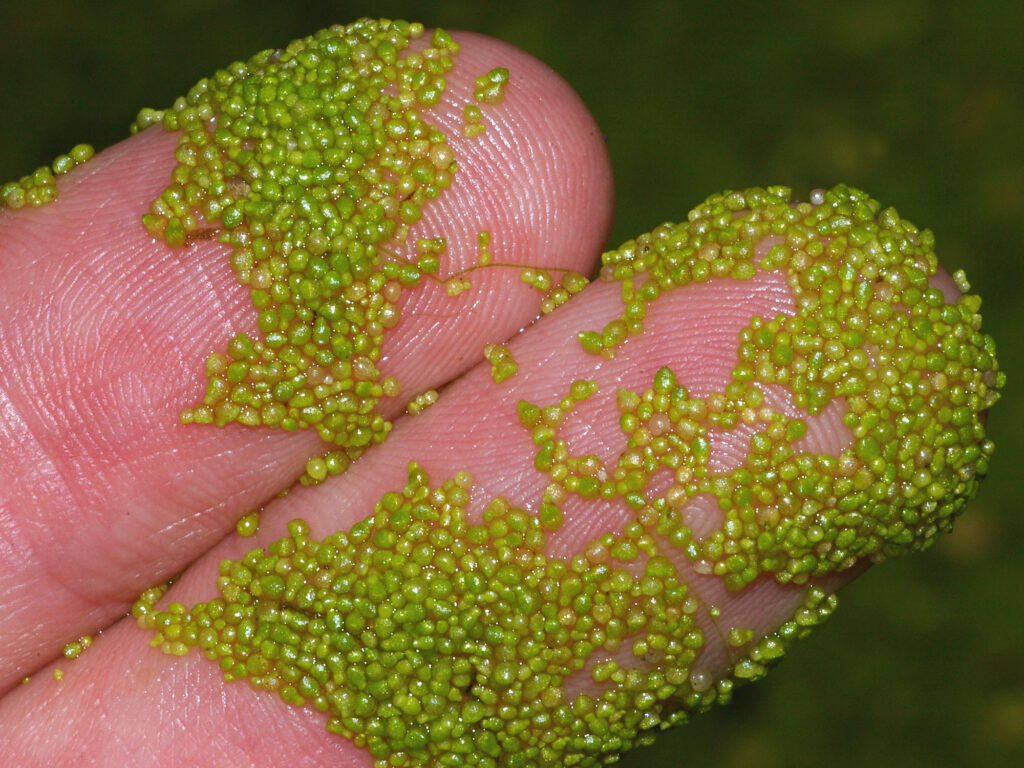
Wolffia Globosa
Wolffia globosa, commonly known as Watermeal, is a member of the duckweed family (Lemnaceae) and is one of the smallest flowering plants in the world. It is a free-floating aquatic plant that thrives in freshwater environments such as ponds, lakes, and marshes. Watermeal is of great ecological and economic significance due to its rapid growth, high nutritional content, and potential applications in agriculture, aquaculture, and even human nutrition.
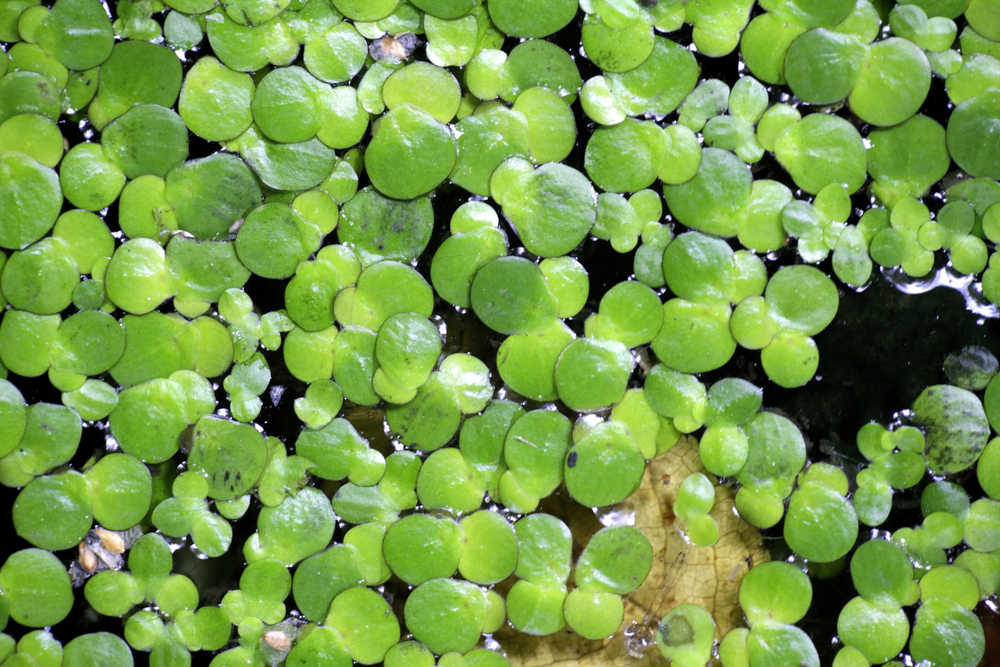
Lemna Minor
Lemna minor, commonly known as Common Duckweed, is one of the most widespread and well-known species in the duckweed family Lemnaceae. It is a tiny, free-floating aquatic plant that grows in still or slow-moving freshwater environments such as ponds, lakes, marshes, and slow rivers. Lemna minor plays a significant role in the aquatic ecosystem, providing food and shelter for small organisms, improving water quality, and offering several potential applications in agriculture, waste management, and bioenergy production.
